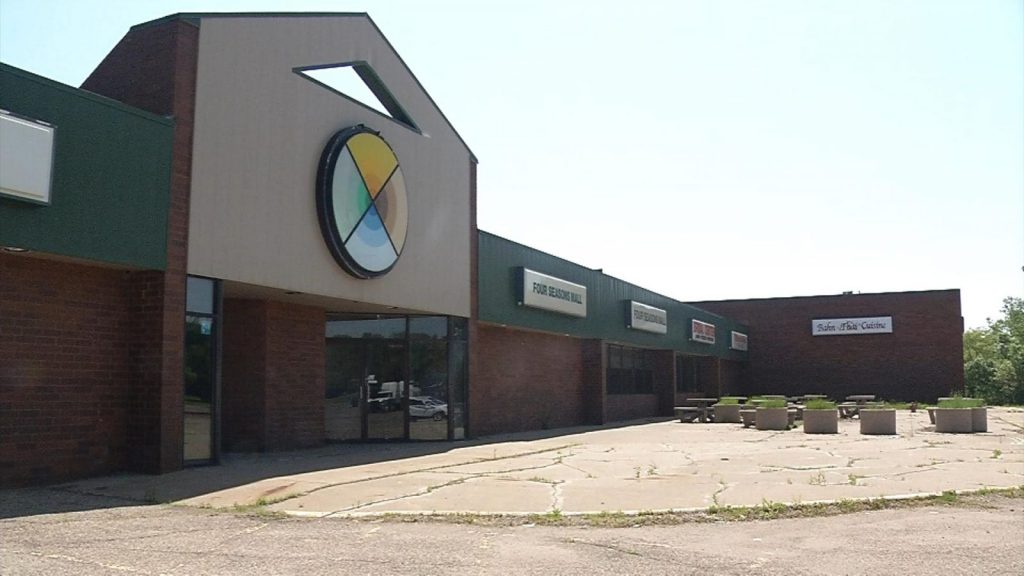Plymouth Votes to Purchase Four Seasons Mall Site
After years of development projects falling through at the shuttered Four Seasons Mall site in Plymouth, the city now plans to purchase the property itself.
The Plymouth City Council unanimously approved a resolution May 11 to purchase the site at Highway 169 and Rockford Road. The cost is expected to be $6.7 million.
The city will use transit funds to acquire the site, officials said, since the city expects a transit-oriented development to eventually happen there.
The vote came after a closed-door session, which is standard for purchasing discussions. Upon returning to city council chambers to hold the vote, Plymouth Mayor Jeff Wosje expressed disappointment that a recent proposal by Dominium for affordable housing wasn’t able to work out financially.
“We were hoping to have this beautiful new development coming in with all this affordable housing for seniors and workforce housing. It’s frustrating that we’re not able to get that,” Wosje said.
The rights of the purchase agreement between Dominium and Walmart, the current property owner, will be assigned to the city, said Dave Callister, Plymouth’s city manager.
“We would schedule a closing prior to July 1,” said Callister. “The city would then purchase the property as long as the due diligence was all completed and in good order.”
City leaders said it’s imperative the city purchase the site by a June 30 deadline, otherwise the city would be on the hook to pay taxes on the property.
Once the sale is complete, the city plans to demolish the buildings and solicit proposals from developers.
“This property has sat for well over 10 years, even before I was a council member,” said Jim Prom, whose Ward 4 district includes the Four Seasons Mall site. “The city took a lot of time and made every attempt for the private sector to develop this property. It’s gone way, way beyond what the private sector has been able to do.”

Four Seasons Mall site has sat vacant for more than 10 years
‘The Math Doesn’t Work for Plymouth’
In expressing his disappointment that the Dominium deal fell through, Wosje said the city is at an unfair disadvantage for developers to receive financing through the Minnesota Housing Financing Agency for affordable housing projects. He noted the Dominium project would have been at 50 to 60 percent of the area’s median income. But that isn’t low enough compared to other housing projects in inner-ring suburbs, which can achieve 30 to 40 percent of an area’s median income to make a project work.
“The math doesn’t work in Plymouth to try to get at that 30 to 40 percent of median income,” said Wosje. “All the council has just come to the realization that it’s just not going to be able to compete for those finances the way the rules are set up.”
Dominium was supposed to build more than 200 units of affordable workforce housing and about 240 units of affordable senior housing.
“They just simply haven’t been able to compete with all the other projects throughout the Twin Cities area in terms of getting funding for those projects,” Wosje said.


